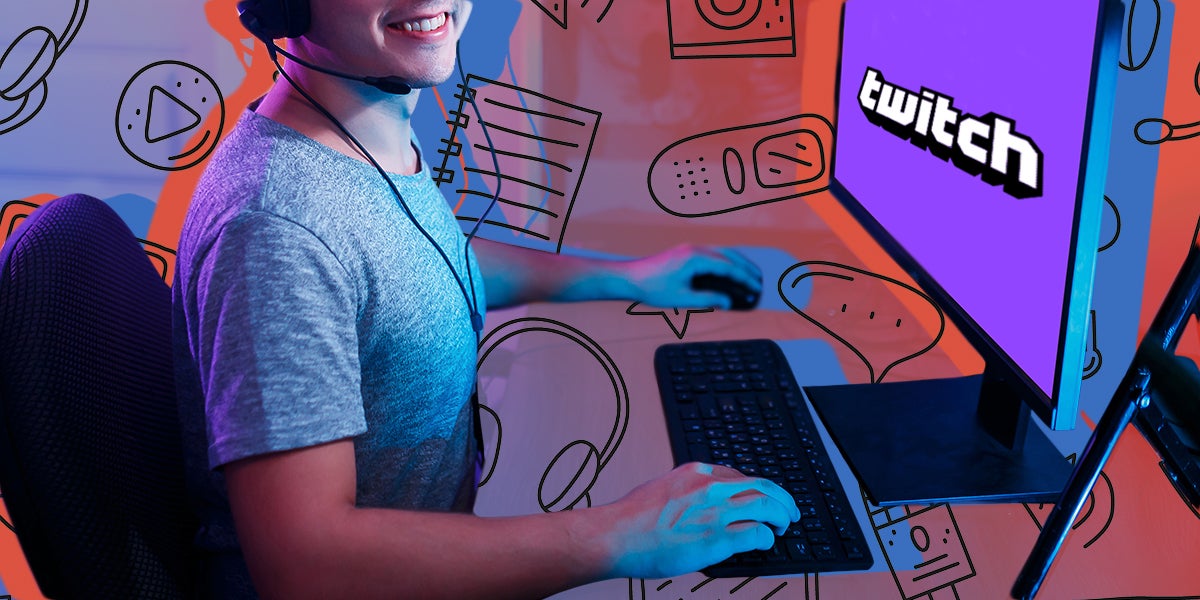
Earlier this week, Twitch announced a new set of guidelines for indefinitely banned streamers. In a blog post titled “An Update on Appeals and Our Enforcement Approach,” the platform announced a “path to reinstatement” for content creators who have been indefinitely banned for more than six months.
“Not everyone will be eligible,” wrote VP of customer trust Angela Hession. “In fact, we’ve built in firm guardrails to ensure that users who have been indefinitely suspended for high-severity harms – including those involving violence, threats, and other serious and/or illegal activity – aren’t eligible to apply for reinstatement and won’t be allowed back on Twitch. Eligible users must wait 6 months to apply, or reapply.”
According to the announcement, appeals can be submitted through a portal, and are reviewed by Twitch’s Safety Operations team. Furthermore, the updated guidelines mean that several high-profile banned streamers could return to Twitch if they so choose.
Streamers like Herschel “Guy” Beahm, popularly known as “Dr DisRespect,” who was banned in June 2020 under mysterious circumstances, might get a shot at reinstatement. Or other banned creators, like Adin Ross and Destiny, would technically be eligible for reinstatement if they choose to pursue it.
That said, since Twitch doesn’t publicly comment on why streamers get banned in the first place, a streamer’s eligibility for reinstatement is typically left to speculation. Unless, like in Adin Ross’s case, the streamer decides to reveal (or allege) the reasons why they were banned in the first place.
It’s worth mentioning, however, that in the wake of their respective bans, many of these streamers have moved on to other platforms. According to Dote Sports, “Dr Disrespect is streaming on YouTube while Adin Ross and Destiny are on Kick — though Doc has eyed a move to Kick in recent months.” All of which is to say, banning has long been an ineffective deterrent in preventing poor behavior.
That said, the move is yet another example of the shifting emphasis on furthering free speech on tech platforms. The Twitch news comes just two days before NBC News reported that the Supreme Court’s upcoming docket includes a number of high-stakes cases that implicate free speech issues and the role of social media in society.
One such case, according to the report, includes claims that the “Biden administration unlawfully put pressure on social media platforms to remove content with which it disagrees, a form of coercion dubbed ‘jawboning’ — on issues such as criticism of the government response to the pandemic.”
Over the last year, tech platforms have loosened their guidelines on which types of content they allow. In January, Meta announced that it would reinstate Trump’s Facebook and Instagram accounts, arguing that “the risk to [public safety] has sufficiently receded.”
And in June, YouTube announced that it will no longer remove videos that say the presidential election in 2020 was fraudulent, stolen, or otherwise illegitimate. Twitch’s latest move, however, is the first to offer a rehabilitative approach to reinstatement, with an emphasis on education rather than punishment.
The move coincides with what Hession told Polygon at Twitchcon this year.
“Banning people in general is difficult because bad actors will always find a way to get back on the service,” she said. “But trying to be more prosocial and leaning into education … that’s something, if you look at all the work, we’re doing now more with education our expectations of what that means on our service.”
“We do Creator Camps, to give people more clarity on behaviors,” Hession continued. “I think more of that education piece, and leaning into ‘everyone makes a mistake.’”




